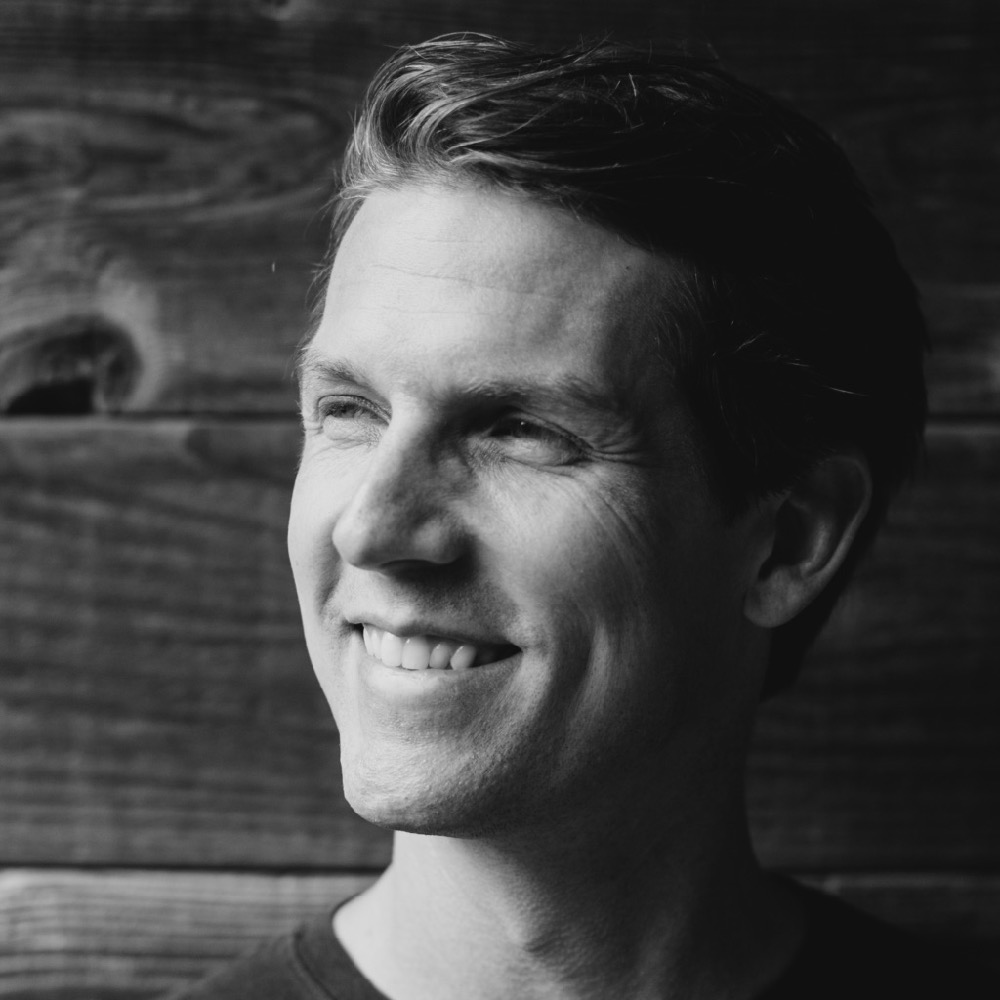Which of These Emerging Technologies Will Be the Next Big Thing?

Share
We tend to think of tech visionaries as inventors with a brilliant idea that no one understands. Because the world isn’t quite ready, they have to pitch their invention to anyone who’ll listen.
Their ideas are either crazy or genius—no one’s sure because they’re so novel.
There’s another kind of tech visionary. This person has to sort the genius from the crazy, and then quite literally put their money where their mouth is. These people are investors. And no great invention or idea gets to the next level without the support to go bigger.
At Singularity University’s Global Summit this week, Sequoia Capital’s Roelof Botha sat down with Peter Diamandis for a conversation about the venture capital view of technology. Botha is a partner at Sequoia and was previously CFO of PayPal. Over the decades, Sequoia has helped launch the likes of Apple, Google, Oracle, PayPal, YouTube, Instagram, and WhatsApp.
Botha said they’ve been in early on and followed the biggest trends in tech over the decades. In the 1980s, it was semiconductors. In the 1990s, the internet hit its stride with companies like Google and Yahoo. Since then, of course, mobile has been a big theme. So, what’s next?
“I’d say right now we’re at a very interesting time because it’s not obvious what the next platform is,” Botha said. “The phrase we’ve come up with is interregnum.”
Interregnum is the time a throne is vacant in between reigns, he explained. The “formidable five” of Microsoft, Amazon, Apple, Google, and Facebook are dominant and hoovering up resources. So, Sequoia is looking for pockets of opportunity that "unfairly favor" the startup.
“Space is an interesting one…[and] there are some interesting things around genomics, epigenetics, CRISPR and gene editing, cryptocurrencies, augmented reality, and virtual reality,” Botha said. “There are a bunch of emerging areas, and we're exploring all of those. Even quantum computing these days looks like it might finally be something to our life.”
Interest and even investment in a particular area or technology is no guarantee they’ll succeed. He said typically only three or four companies drive the returns of a fund with 35 or 40 companies in it. Making sure you find those three or four companies is both art and science.
Be Part of the Future
Sign up to receive top stories about groundbreaking technologies and visionary thinkers from SingularityHub.


“Well, the key question we always ask is why now? If a company can't answer that question, there's usually a reason not to invest. But sometimes something hasn't worked for 20 years for a reason, and now truly is the time where it does make sense.”
Forecasting the cycles of hope and hype in technology is still incredibly difficult, and no one gets it just right. Some exciting technologies seem to be just around the corner, only to die out or hit unexpected roadblocks and get kicked ever further down the road.
Still, we live in a pretty amazing time in history, and over the decades, some emerging technologies will rise up and affect our lives profoundly. What is Botha most excited about in the next few years? What "strikes his heart" as Diamandis put it?
“I'd love to see us innovate in augmented reality,” Botha said.
“I'm sure most of the audience has seen the movie Her. This idea of having an invisible user interface, which is voice-based, and having a different way of interacting with technology. If you look at people at lunch breaks, it's kind of strange that we've evolved where we're all sitting there hunched over these very small screens, all developing neck strains. It's hard for me to imagine that's the end state.”
Image Credit: Stock Media provided by Pumidol Leelerdsakulvong / Pond5
Jason is editorial director at SingularityHub. He researched and wrote about finance and economics before moving on to science and technology. He's curious about pretty much everything, but especially loves learning about and sharing big ideas and advances in artificial intelligence, computing, robotics, biotech, neuroscience, and space.
Related Articles

This Week’s Awesome Tech Stories From Around the Web (Through February 21)

What the Rise of AI Scientists May Mean for Human Research

This ‘Machine Eye’ Could Give Robots Superhuman Reflexes
What we’re reading
